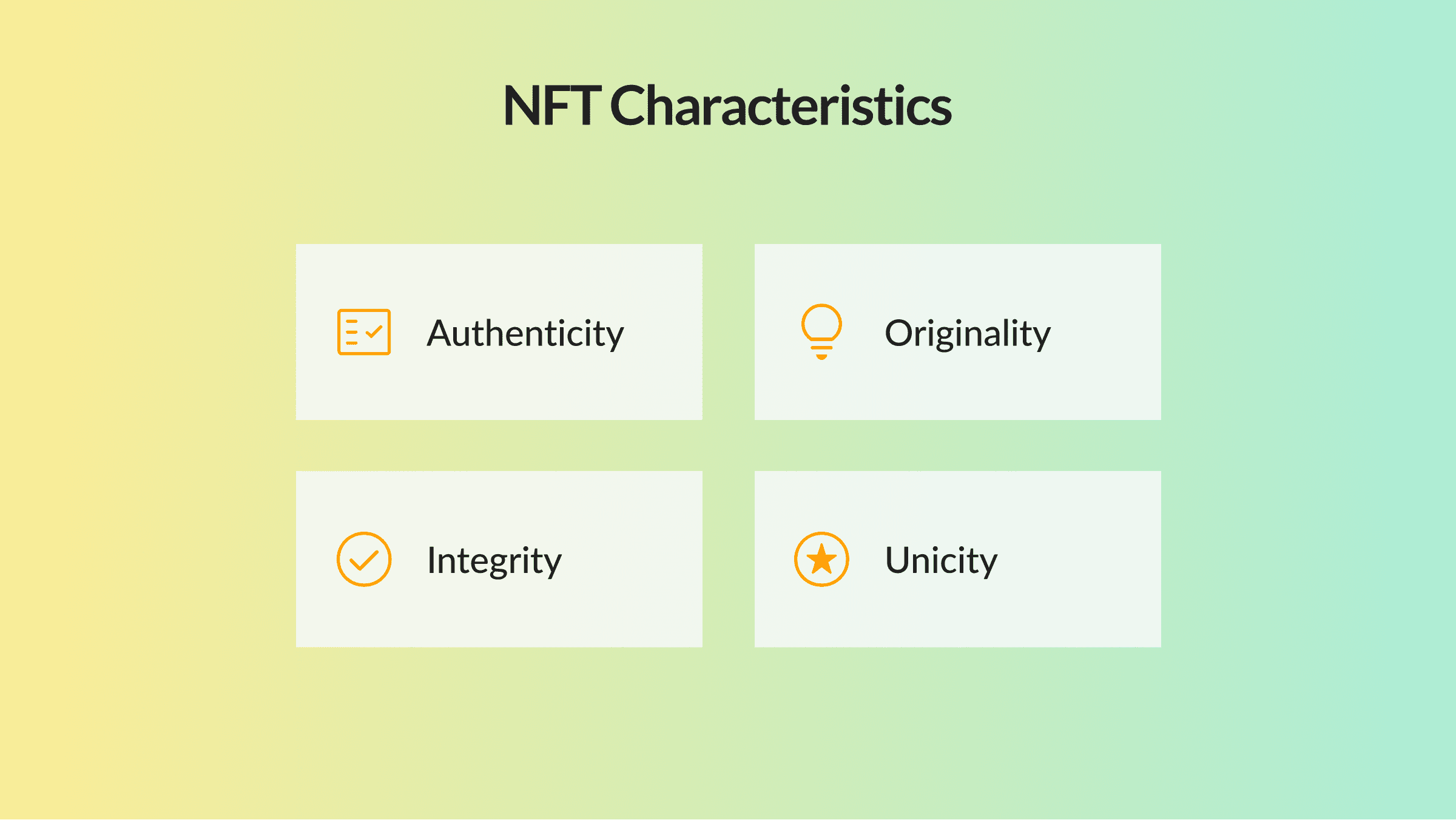
Team-building activities are among the most important investments a business can make. They build trust among employees, increase conflict-resolution skills, encourage open communication, and boost collaboration. If executed properly, team-building exercises can increase employee engagement and motivation, leading to higher productivity.

That’s why we’re sharing our five best team-building activities for remote and in-house workers. Try them and start building your dream team today!
Scavenger Hunt
A scavenger hunt can be a fun team-building activity that everyone enjoys.
How to play: Start by dividing your employees into teams. The number of teams will depend on the size of your company. Each team should have five or six members. Give the teams identical lists of fun tasks each group should do. Be sure to set a deadline for completing the list.
You might ask them to take a selfie with a stranger or make a photo album of famous landmarks in your city. The first team to complete the list wins.
Why this activity is good for your team: Scavenger hunts promote the development of leadership skills while boosting communication and interaction. In a nutshell, scavenger hunts promote teamwork, which means open communication and working in unison. Since we know that communication skills are twice as important as managerial skills, we understand the full team-building potential of this game.
Two Truths and a Lie
This is a great team-building exercise that adapts well to a mix of remote and in-the-office employees.
How to play: The idea behind Two Truths and a Lie is to get everyone together – sitting in a circle or in a Zoom meeting – and have one person at a time tell two truths and a lie about himself or herself. The other participants discuss the statements, ultimately voting on which statement is the lie.
Why this activity is good for your team: This game is fantastic because it allows employees to get to know each other better, which builds a sense of camaraderie. A team composed of people who know each other better is more likely to be productive. Teams made up of people who know each other well even divide their work more effectively based on individual strengths and preferences.
Team-Building Bingo
Bingo is not (just) for grannies anymore! Playing bingo can be an excellent team-building activity that gets everyone involved and helps workers realize what they have in common. What’s more, you can play it both remotely and in the office, which makes it a truly flexible activity.
How to play: Start by creating bingo cards using online Team-Building Bingo templates and distributing them to staff members. Then you allow staff members to mingle, learning details about each other through conversation. Each square is filled with statements like “has red hair,” “has a family recipe,” or “prefers tea over coffee.” The goal is to identify colleagues who match the legends in the squares. The first team member to fill a horizontal, vertical, or diagonal line is the winner.
Why this activity is good for your team: Hosting Bingo as a team-building activity will get your employees competing to learn more about each other. They’ll get to know each other better, resulting in higher productivity and engagement.
Team Timeline
Team Timeline game is a good team-building activity that can serve as part of an ongoing diversity training program.
How to play: Divide employees into teams and give them tasks: to sort themselves by height, by age, by seniority, and so on. The quickest team wins the game.
Why this activity is good for your team: This game helps companies with multiple teams and departments get to know each other better. It also emphasizes workplace diversity, which can help with employee retention and other goals. That’s especially important today, since we know that a diverse workplace is one of the most important factors employees take into account when weighing whether to accept a job.
Winner/Loser
Winner/Loser is an excellent conflict-resolution activity for team-building. The game gives employees better insights into their coworkers’ personalities and outlooks, which can help them resolve conflicts more effectively in the future.
How to play: Divide employees who work closely into pairs. Ask one member of each pair to share a negative work-related memory, then ask the other to retell the story from a positive perspective. In the next round, the two players switch roles.
Why this activity is good for your team: This game helps employees boost communication and conflict-resolution skills, which will help create a more effective and productive environment.
The Bottom Line
The benefits of team-building are limitless. They facilitate better communication, promote creativity, and enhance problem-solving skills. Whether you work remotely or in the office, playing games with your team once in a while is a good idea.





